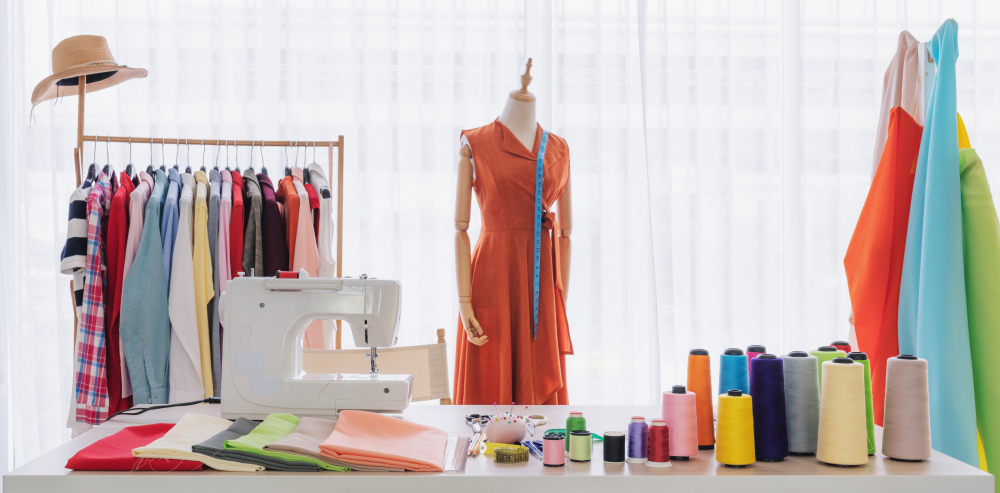With the rising trend to adapt to a more sustainable and ethical lifestyle, it’s key to know what to look for when you shop around. Brands on the highstreet have been accused of greenwashing, and fast fashion companies are constantly developing ways to deflect the negative attention from their unethical methods. To help out with sustainable shopping, we have made a shortlist of things to look at before you decide to buy something new.
Company Values
While searching for your new wardrobe, it is always essential to understand what brand you are buying from.
Many fast fashion brands put on a mask for sustainable and ethical fashion by greenwashing their way into the press by giving out false promises. Other brands simply don’t care and utilise last-minute sales to sway the modern consumer by pressuring them into thinking that their product is scarce.
To evaluate company values, it’s worth looking at few things:
- Press attention surrounding sustainability.
- Proof of actions taken to become more sustainable.
- Recent history with controversies surrounding workers.
Company History
Like above, company history is vital to understand to see the bigger picture of sustainable fashion. It’s essential to know that whilst companies may have a sustainable image now, not long ago, they might have had a very dark and polluting presence in the world of fashion. Of course, this escapes new brands as they tend not to have much of their history documented through press, academic papers or research.
Production
Where and by who is it made? This question always comes up when buying sustainable fashion. From experience, clothing made in Europe tends to primarily made in places where minimum wage is paid, and a safe working environment is provided to the workforce. On the other hand, a few investigations demonstrated otherwise, unsurprisingly connected to fast fashion brands.
When navigating the production history, it is imperative to see how transparent a brand is about the factory that produces its garments.
Price
This point may seem off-putting to agree with, but the price sets the tone for sustainable fashion. For a company to research, manufacture, and then promote their clothing whilst maintaining a solid margin for their company directors usually requires a lot of trimming. Due to this reason, fast fashion brands can get away with selling a £5 top that is made in low-cost conditions where workers are underpaid and work conditions are poorly maintained.
Higher prices, whilst not always, can mean that the company is re-investing money into their workers, charities, and their production to ensure a sustainable business model that caters for the consumer, worker, and director.
Do you need it?
Arguably this question should be asked even before you consider shopping anywhere. Do you need it? At the moment, COVID-19 has put people into lockdown, meaning we don’t spend much going out, which in return made people overspend online to compensate. This shift has resulted in wasteful shopping, which completely disregards the question and dissolves the effort needed to acquire a product.
So, if you’ve answered yes, even after you’ve slept on it, think about buying second hand. Platforms like Depop will likely have it, and if not, have a look at your local charity shop.
